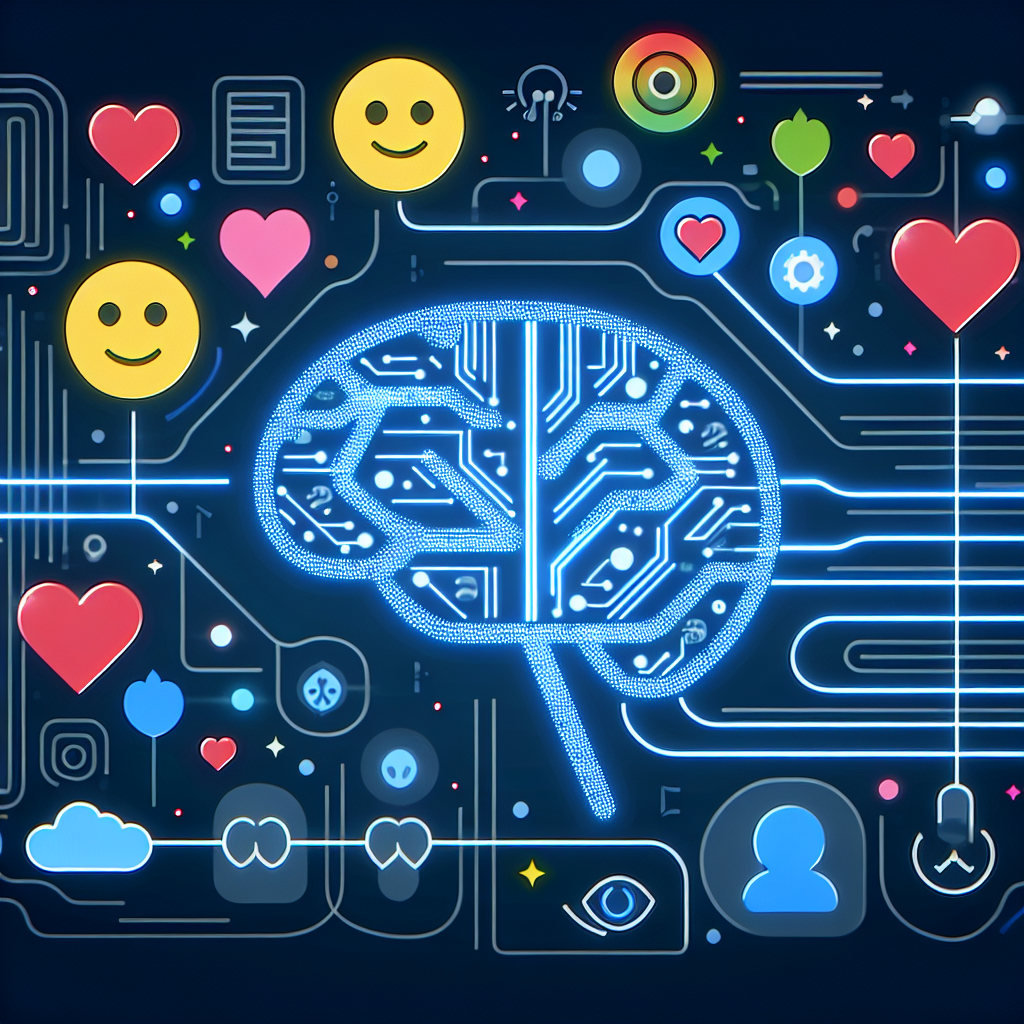In recent years, the use of artificial intelligence (AI) software in the field of mental health services has been gaining momentum. From diagnosing mental health conditions to providing therapy and support, AI has the potential to revolutionize the way mental health services are delivered. In this article, we will explore how AI software is being used to improve mental health services and the benefits it offers to both patients and healthcare providers.
One of the main advantages of using AI software in mental health services is its ability to provide more personalized and efficient care. AI algorithms can analyze large amounts of data to identify patterns and trends in a patient’s behavior, which can help clinicians make more accurate diagnoses and treatment recommendations. For example, AI-powered chatbots can be used to conduct initial assessments and provide support to patients in real-time, which can help to reduce waiting times and improve access to care.
Another benefit of using AI software in mental health services is its ability to provide continuous monitoring and support to patients. AI algorithms can analyze a patient’s speech patterns, facial expressions, and other biometric data to detect changes in their emotional state and provide early intervention when needed. This can be particularly helpful for patients with conditions such as depression, anxiety, and PTSD, who may experience sudden changes in their mental health that require immediate attention.
Furthermore, AI software can help to bridge the gap in access to mental health services, especially in underserved communities. By providing online therapy sessions and support through chatbots, AI can reach a wider audience of patients who may not have access to traditional mental health services due to geographical, financial, or cultural barriers. This can help to reduce disparities in mental health care and ensure that all patients receive the support they need to improve their mental well-being.
In addition to improving access to care, AI software can also help to reduce the stigma associated with mental health conditions. Many patients may feel more comfortable talking to a chatbot or virtual therapist about their mental health concerns, as they may be less judgmental and more empathetic than a human therapist. This can help to encourage more people to seek help for their mental health issues and reduce the shame and stigma that often prevent individuals from seeking treatment.
Despite the many benefits of using AI software in mental health services, there are also some challenges and concerns that need to be addressed. For example, there are concerns about the privacy and security of patient data, as AI algorithms rely on collecting and analyzing sensitive information about an individual’s mental health. It is important for healthcare providers to ensure that they have robust data protection measures in place to safeguard patient confidentiality and comply with legal and ethical guidelines.
There are also concerns about the accuracy and reliability of AI algorithms in diagnosing and treating mental health conditions. While AI software can analyze large amounts of data and identify patterns, it is not a substitute for human judgment and expertise. Healthcare providers should use AI software as a tool to support their clinical decision-making, rather than relying solely on AI algorithms to make diagnoses and treatment recommendations.
In conclusion, AI software has the potential to transform the field of mental health services by providing more personalized, efficient, and accessible care to patients. By harnessing the power of AI algorithms to analyze data, monitor patients, and provide support, healthcare providers can improve outcomes for individuals with mental health conditions and reduce the stigma associated with seeking help. While there are challenges and concerns that need to be addressed, the benefits of using AI software in mental health services are clear, and it is likely to play a key role in the future of mental healthcare.
FAQs:
Q: Can AI software replace human therapists in providing mental health services?
A: While AI software can provide support and assistance to patients, it is not meant to replace human therapists. Human judgment and expertise are still essential in diagnosing and treating mental health conditions, and AI should be used as a tool to support clinical decision-making.
Q: Is AI software effective in diagnosing mental health conditions?
A: AI software can analyze large amounts of data to identify patterns and trends in a patient’s behavior, which can help clinicians make more accurate diagnoses. However, AI algorithms should be used in conjunction with human judgment and expertise to ensure the accuracy and reliability of diagnoses.
Q: How can AI software improve access to mental health services?
A: AI software can provide online therapy sessions, support through chatbots, and continuous monitoring to reach a wider audience of patients who may not have access to traditional mental health services. This can help to reduce disparities in mental health care and improve access for underserved communities.
Q: What are the privacy and security concerns associated with using AI software in mental health services?
A: There are concerns about the privacy and security of patient data, as AI algorithms rely on collecting and analyzing sensitive information about an individual’s mental health. Healthcare providers should have robust data protection measures in place to safeguard patient confidentiality and comply with legal and ethical guidelines.

